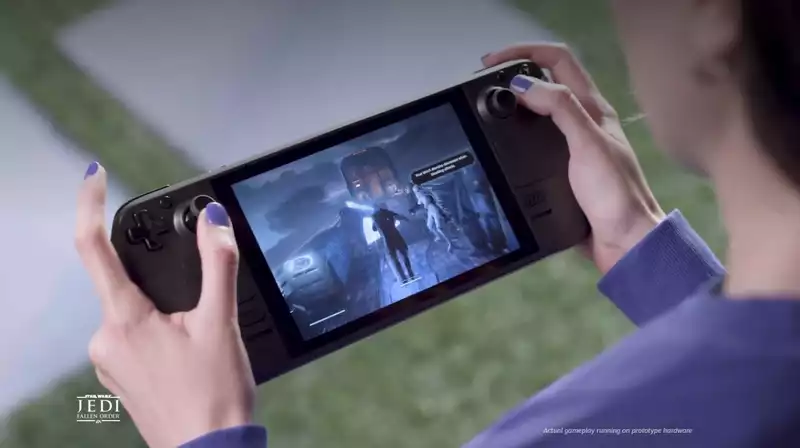At first glance, Valve's Steam Deck looks a lot like the Nintendo Switch. It may trigger nasty flashbacks for anyone who has had to deal with the dreaded "Joy-Con Drift" problem, which became so severe that it led to a lawsuit. In short, the degradation of the analog sticks causes "phantom movement" where the player moves without the user having to press anything.
Apparently, Valve took this issue into consideration when designing the Steam Deck, and when asked by IGN about the potential for problems, they made it clear that reliability was their primary concern. [Hardware engineer Yazan Aldehayyat said, "We did a huge amount of testing on all aspects of reliability, including all inputs and different environmental factors. He added, "I mean, obviously every component will fail at some point, but we think people will be very happy and satisfied with this."
Designer John Ikeda echoed this, adding that Valve "didn't want to take a risk" and therefore "intentionally chose what they knew would perform."
"I'm sure the customer didn't want us to take the risk either," he added.
Of course, no one wants their hardware to fail, but if the analog sticks on the Steam Deck were prone to drift or other types of controllers were prone to breakage, Valve would be in a much worse position than Nintendo.
While the Nintendo-Switch allows for the removal of a failed Joy-Con and the installation of a new Joy-Con, the Steam Deck is a single unit, similar to the Switch Lite, so if the stick needs repair, the entire unit must be returned to Valve Valve. Factor in the fact that the Steam Deck is not a mass-produced item for which spare parts are plentiful at the moment, and you can see why Valve wanted to mitigate this problem as much as possible before release.
A more pressing issue for Valve is ensuring full compatibility between the Steam OS and its Proton software. Of particular concern is the fact that games with anti-cheat software currently do not work via Proton, including big names such as "Destiny 2," "Apex Legends," and "PUBG."
It is therefore no surprise that Valve is working hard to resolve this issue before the units reach early adopters in December. The company writes, "For Deck, we are working directly with vendors to significantly improve support for Proton's game compatibility and anti-cheat solutions."










Comments